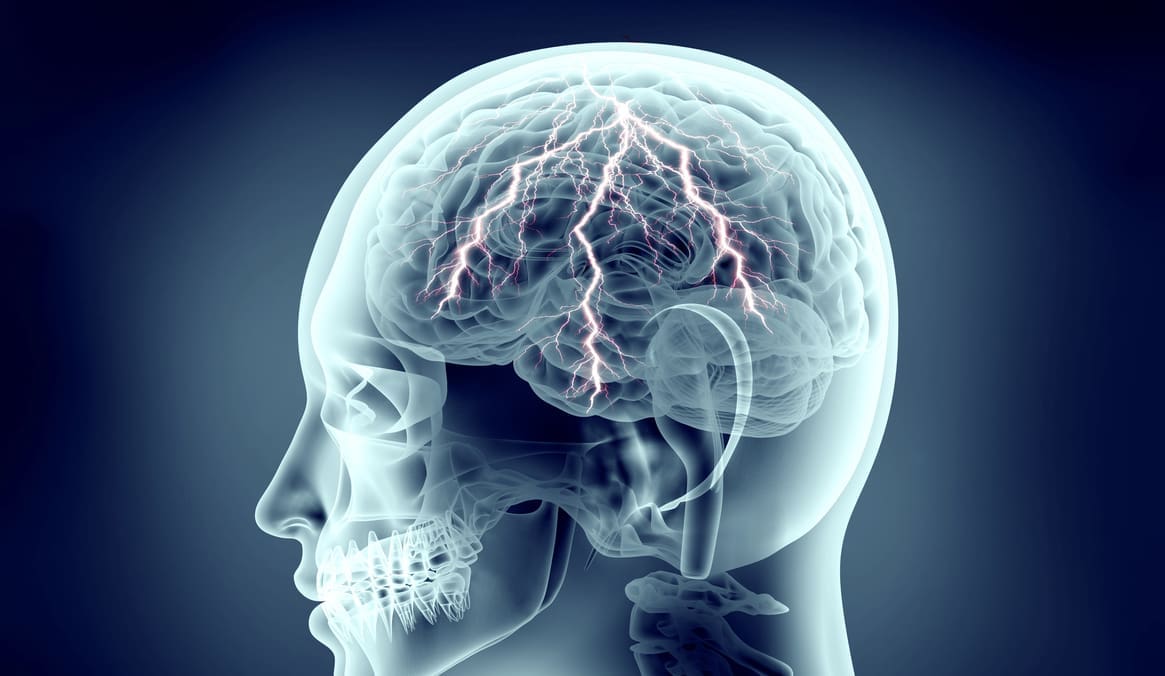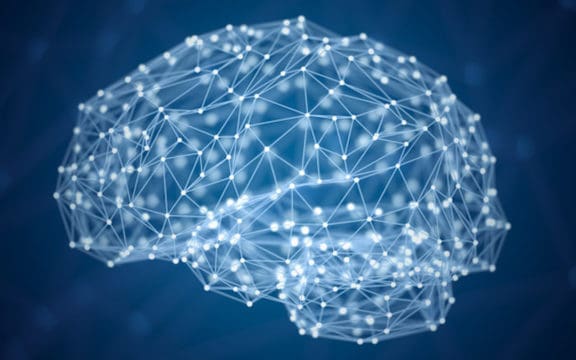Transcranial magnetic stimulation (TMS) is a high-performance depression treatment that has been FDA-approved for over ten years. This non-invasive, non-convulsive procedure is performed during sessions that last 30 to 45 minutes while patients are awake. TMS is painless and allows you to avoid the unpleasant side effects associated with antidepressants. When patients suffering from major depressive disorder or treatment-resistant depression need an alternative to psychotherapy or depression medications, TMS is an effective solution. If you’ve been considering TMS, you may be wondering, “How does TMS work?”
How TMS Works
If you want to know how TMS works, chances are you’re concerned about treatments that are time consuming or could affect how you live your life. This non-invasive procedure is perfect for patients who are busy because it is relatively quick and doesn’t require any drugs or anesthesia. During each session, one of our highly trained TMS specialists will seat you in a comfortable chair and place a magnetic coil adjacent to your head in the area where the dorsolateral prefrontal cortex is located; this area of the brain is one of the main regions responsible for controlling mood. The coil produces an alternating magnetic field that produces very small electrical currents. These currents are not painful and they only directly affect the brain cells (neurons) in the dorsolateral prefrontal cortex, an area of the brain that is underactive in those with depression. Neurons are electrochemical cells which respond to either electrical or chemical stimulation. Electrical currents produced by the magnetic coil enhance functioning in the dorsolateral prefrontal cortex and its ability to communicate with other areas of the brain involved in mood regulation, thereby boosting your mood and treating depression.
Research studies demonstrate that the effects of TMS for depression are mediated by several mechanisms of action:
- Promoting the release of neurotransmitters
- Increasing BDNF (brain-derived neurotrophic factor), an important protein that plays a role in the growth, maturation, and maintenance of brain cells
- Inducing neurogenesis (production of new brain cells) through induction of genes responsible for brain cell growth
- Restoring normal brain functioning by correcting disturbances in brain functional connectivity
- Altering functional activity of the anterior cingulate and other deeper brain regions involved in mood
The Results of TMS
Now that you know how TMS therapy works, your next question is likely how well it works. Most of our patients report feeling better in the long-term after they complete their full course of TMS treatment, but it’s important to recognize that some patients may experience depressive relapses after treatment. These relapses don’t necessarily mean TMS therapy isn’t helping; they might indicate that the patient needs booster sessions or maintenance sessions to continue treating depression. Although research studies that last longer than twelve months are needed to explore the long-term durability of remission produced by TMS, there are several studies that demonstrate the benefits of TMS usually last for at least twelve months. Dr. Bruno, the Medical Director at Mid City TMS, has helped thousands of patients with depression and has an impressive TMS success rate. Over three-fourths of our patients have had a significant response (at least 50% improvement in the severity of their depressive symptoms), and over one-third of our patients have had a full remission (almost all of their depressive symptoms are resolved).
Should You Try TMS Therapy?
If you’re searching for a complement or a replacement for your current depression treatment regimen, TMS may be right for you. Whether you’re seeking an alternative to antidepressants or you’ve struggled to find effective therapy for treatment-resistant depression, TMS provides hope for many who thought it was beyond reach. You may not be a good candidate for TMS if you are susceptible to seizures or have large amounts of metal in or around your head. Our team is always happy to consult with you to determine your eligibility for TMS treatments.
Contact Mid City TMS Today
If you have questions regarding your mental health, current treatments, or TMS therapy, MidCity TMS is here to serve you. Our New York TMS center is conveniently located in Midtown Manhattan at 280 Madison Avenue and we are open from 8:00 AM to 8:00 PM Monday through Friday. Give us a call, contact us online, or schedule an appointment today.
















